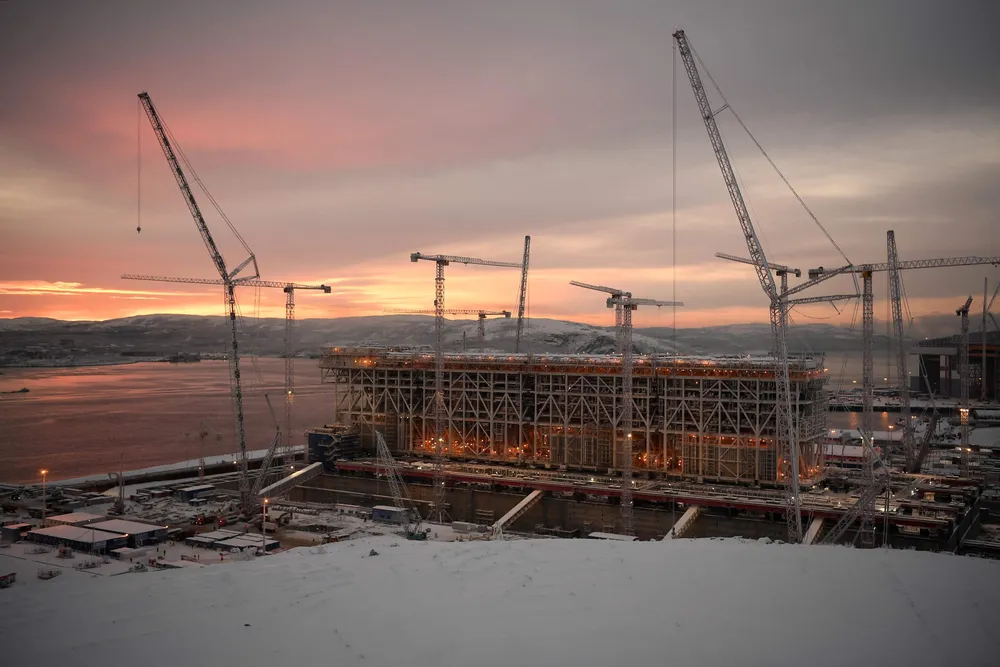Dutch court paves way for Western contractors to exit Russian LNG projects
Recent court ruling provides legal interpretation of European sanctions against Russia to resolve commercial disagreements

Recent court ruling provides legal interpretation of European sanctions against Russia to resolve commercial disagreements
